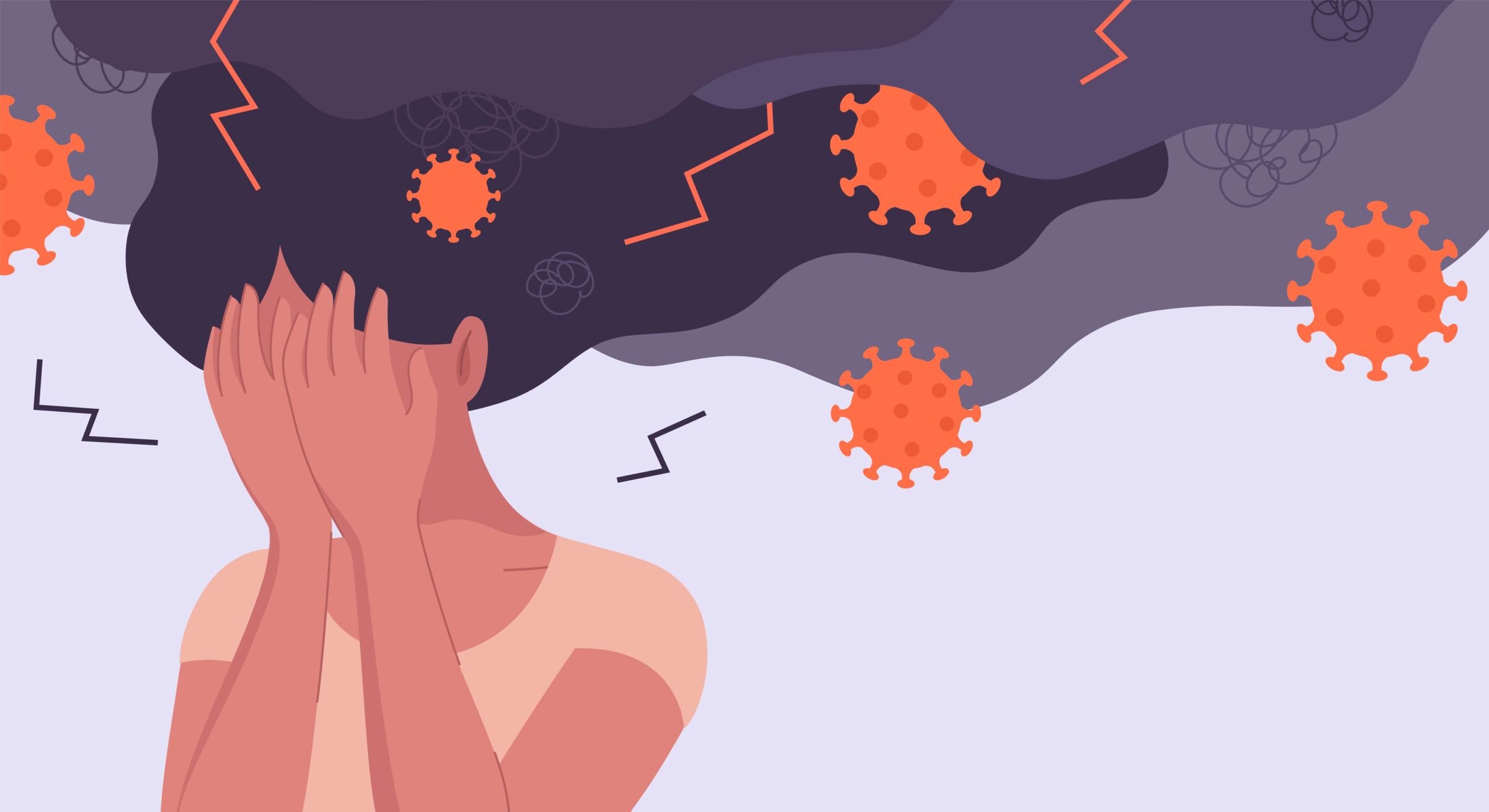A Canadian woman, Tracey Thompson, has made an application for medical assistance in dying after being incapacitated by long Covid, which has left her unemployed and in constant pain.
Her case has sparked concerns that the process of assisted dying in Canada has become too accessible.
Thompson, aged 55 and residing in Toronto, has been unable to work since contracting Covid-19 in 2020. She now spends up to 22 hours a day in bed due to extreme soreness and fatigue.
Formerly a chef, Thompson has lost the ability to enjoy basic activities such as cooking, eating, listening to music, reading, or watching movies, due to severe brain fog that impairs her ability to process information.
Over nearly four years of battling her illness, Thompson has depleted her savings, lost touch with friends, and has no family for support.
Faced with what she describes as a nearly nonexistent quality of life, she feels profoundly isolated and bored.
In Canada, individuals with incurable medical conditions, including non-terminal illnesses like long Covid, are eligible to request medical assistance in dying.
Thompson contracted Covid-19 in March 2020 and initially experienced typical symptoms, but her health deteriorated significantly over time.
Despite seeking medical help, including multiple hospital visits, Thompson struggled to be taken seriously or find a definitive diagnosis until 2021, when she was finally diagnosed with long Covid.
Her financial situation worsened without steady income, as she grappled with expenses for housing, food, and medical care.
Thompson’s daily routine is minimal and revolves around managing symptoms with medications, as she struggles with the simplest tasks.

Once an avid cook, she now prepares basic, bland meals due to severe dietary restrictions.
Her isolation is compounded by the loss of her dog, given away due to her inability to care for it, although she occasionally connects with others in virtual support groups for long Covid.
She described her decision to apply for medical assistance in dying as primarily driven by financial considerations, a choice made under Canada’s permissive regulations on assisted dying.
The legislation, initially restricted to terminally ill patients, was expanded in 2021 to include those suffering from intolerable and irreversible conditions, regardless of proximity to natural death.
Thompson’s case underscores ongoing debates about the ethical implications of Canada’s assisted dying laws, which have seen increasing numbers of applicants in recent years.
Critics fear that easy access to assisted dying may prompt vulnerable individuals to choose death as a solution to suffering.
Despite the controversies, Thompson’s eligibility for medical assistance in dying hinges on meeting strict criteria, including mental competence and irremediable suffering due to her medical conditions.
The process involves either a healthcare provider administering a lethal drug or prescribing it for self-administration.
Her medical conditions include myalgic encephalomyelitis (ME/CFS), postural orthostatic tachycardia syndrome (POTS), and mast cell activation syndrome (MCAS), each contributing to her debilitating symptoms of fatigue, cognitive impairment, and severe allergic-like reactions.
Thompson’s case highlights the challenges faced by individuals with long Covid and raises questions about how societies should support those grappling with chronic and severe health conditions.
